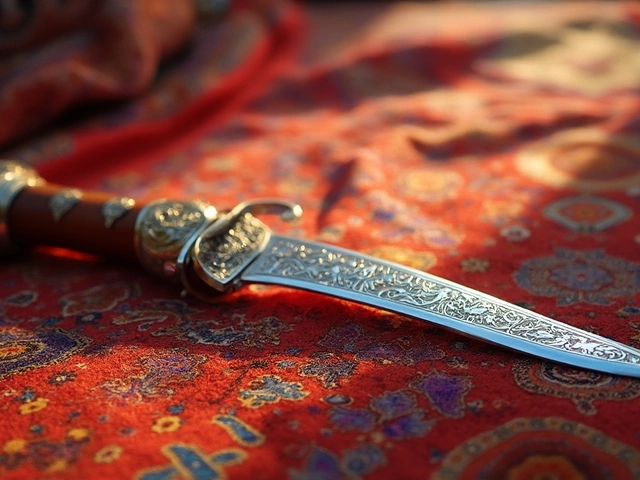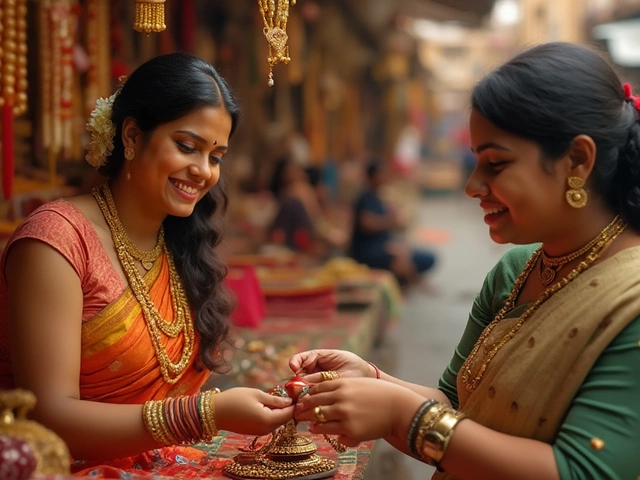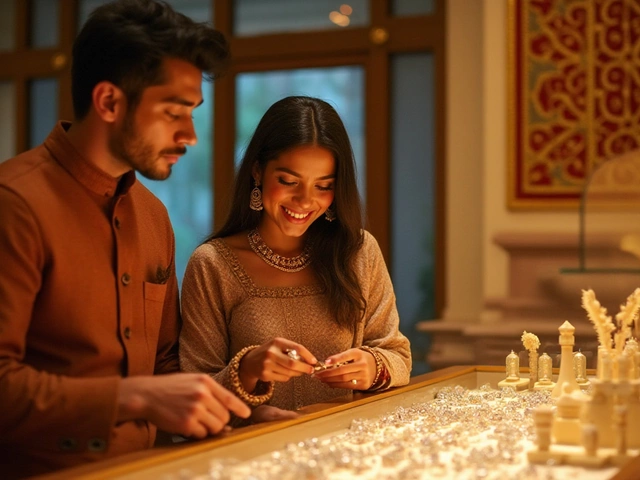Bad Omen Beliefs in India: What People Fear and Why
India is full of stories about signs that bring bad luck. From cracked mirrors to a black cat crossing your path, these beliefs show up in everyday conversations. They can influence how you choose a seat, plan a wedding, or even pick a fabric for a festival.
Common Bad Omens You Hear Everywhere
One of the most talked‑about omens is a **broken mirror**. Many say it brings seven years of misfortune. The idea comes from old ideas about reflecting souls. Even if you replace the mirror right away, people often wait a few days before making a big purchase.
Another classic sign is **spilling salt**. If you drop salt, you’re supposed to throw a pinch over your left shoulder. The belief says it sends the bad spirit away. It’s a quick way to calm nerves during a party or a dinner.
Seeing a **black cat** cross your path is also seen as unlucky in many Indian homes. While some regions think it’s a sign of good fortune, the majority hold onto the fear that it will bring trouble. People often change direction or step around the cat to avoid the perceived curse.
Even the **number 13** can cause a stir. Some buildings skip the 13th floor, and some people avoid buying an item that costs 13 rupees. The fear of the number is more about habit than logic.
Other everyday omens include **whistling at night**, which is thought to invite evil spirits, and **opening doors while eating**, believed to let bad luck slip in with the food.
How to Deal with Bad Omen Situations
If you run into an omen, the first step is to stay calm. Most of these beliefs are about managing anxiety more than actual danger. A quick ritual, like throwing salt over your shoulder, can give you a mental boost.
When planning big events, many families check the **horoscope** or **panchang** (a Hindu calendar) to pick an auspicious date. Following the advice can keep everyone feeling comfortable, even if the timing isn’t perfect for you.
If you’re worried about a cracked mirror, try cleaning it thoroughly and placing a small **sacred symbol**—like a Swastik—near it. The visual cue can help reduce the fear.
For those who feel uneasy about black cats, simply give the animal a friendly tap and move on. The act of acknowledging the cat often eases the tension.
Finally, remember that many of these beliefs have deep cultural roots. Respecting them doesn’t mean you have to believe every detail. You can honor tradition while also using common sense.
Bad omen beliefs are a mix of history, family stories, and personal habits. Knowing the most common signs and practical ways to handle them lets you live with less stress and more confidence. Whether you’re shopping for a new bangle or deciding when to book a trip, a little awareness goes a long way.
Is Breaking of Mangalsutra Really a Bad Omen? Cultural Beliefs and Facts Explained
Is a broken mangalsutra really a bad omen or just a superstition? This article explores its meaning, social impact, and tips if it happens, using real facts from Indian culture.





